Introduction
No, dogs cannot eat jelly beans. Defined as small, bean-shaped sugar candies, jelly beans feature a soft, candied shell and thick jelly filling. They are made of sugar and added colors and flavors.
Sadly, jelly beans pose several risks to dogs, and the exact severity of those risks depends on the recipe. Even if they do not include directly toxic ingredients, jelly beans are still unhealthy to dogs on various levels.
Why are Jelly Beans Bad for Dogs?
There are several reasons jelly beans are not good for dogs – from too many sugars and stomach upsetting ingredients to troublesome and potentially toxic compounds.
So, if you are ever tempted to share some jelly beans with your dog, take a second to think of the potential issues. Here is a short review of the reasons jelly beans are bad for dogs.

Stomach Upset
Same as any other processed food that is not part of the dog’s natural diet, jelly beans can put too much pressure on the stomach. Contrary to popular belief, dogs have sensitive stomachs, and it does not take too much for them to become upset.
Sugar Overload
The main ingredient in jelly beans is sugar. Overeating sugars make dogs act hyper (the same as it makes kids go crazy with energy). During such hyper episodes, dogs are full of stamina, but once the episode is over, they become lethargic and moody.
Weight Gain
In the long-run, too much sugar leads to unnecessary weight gain and, eventually, obesity. Having a few extra pounds is not a disease. However, it aggravates current health issues like canine osteoarthritis and increases the risk of others, like heart problems and certain types of cancer.
Diabetes Issues
Because of the high sugar content, jelly beans are likely to trigger a sudden blood sugar spike. In otherwise healthy dogs, this is not a big deal. However, in dogs with diabetes, such sugar spikes can be fatal.
Xylitol Poisoning
Instead of regular sugar, many brands use artificial sugars, especially xylitol. This option is cheap and readily available, but it is extremely toxic to dogs. Xylitol causes a sudden and potentially life-threatening drop in the dog’s blood sugar levels.
Caffeine Toxicity
Some jelly beans include caffeine. Dogs are particularly sensitive to caffeine, and ingesting this natural compound can cause toxicity. Caffeine belongs to the group of methylxanthines (same as the compounds which make chocolate toxic to dogs).
Artificial Additives
In addition to sugar, the other ingredients in jelly beans are mostly artificial additives – colors, flavors, preservatives. Prolonged exposure to artificial additives is harmful to dogs same as it is for humans.
Signs your Dog Has Eaten Jelly Beans
The signs following jelly beans ingestions depend on several factors, including:
- The jelly beans recipe
- How much jelly beans the dog ate
- The dog’s size and age
- The dog’s overall health.
Based on these factors, the sign varies from ones indicating stomach upset (vomiting, diarrhea, abdominal pain, lethargy, lack of appetite) to severe poisoning cases.
A dog with xylitol poisoning will show:
- Decreased activity
- Staggering
- Lack of coordination
- Seizures
- Collapse.
On the other hand, in case of caffeine intoxication, the dog will show:
- Agitation
- Restlessness
- Hyperactivity
- Vomiting
- Panting
- Increased thirst
- Tremors and seizures.

What to Do If My Dog Ate Jelly Beans?
If your catch your dog eating jelly beans, you need to stay calm and act quickly. First, you must separate the dog from the remaining jelly beans to prevent further issues. Then, you should assess the situation – try to establish how much your dog ate and check the label to see the ingredients included in the jelly beans.
With that info in mind, it is time to call your veterinarian or Pet Poison Helpline if you noticed a familiar toxic ingredient (for example, xylitol). The next steps depend on the professional instructions you will get.
More often than not, visiting an emergency veterinary clinic is the best option. When it comes to your dog’s health and wellbeing, it is better to be safe than sorry.
Summary
All in all, jelly beans, although flavorful, are considered a no-go for dogs. The exact issues that jelly beans trigger depend on the ingredients, but the consequences range from mild digestive upsets to severe intoxications.
Luckily, just because your dog cannot eat jelly beans, it does not mean it is missing too much. The pet market is loaded with healthy treats made exclusively for canines. Or, you can roll up your sleeves and bake your pup some dog-friendly cookies.
Sources
- Caffeine – Pet poison Control, American College of Veterinary Pharmacists, 2021
- Paws Off Xylitol; It’s Dangerous for Dogs, FDA, 2021
- Diabetes in Pets, AVMA, 2020
- Risk Factors for Canine Osteoarthritis and Its Predisposing Arthropathies: A Systematic Review, Katharine L. Anderson, Helen Zulch, Dan G. O’Neill, 2020
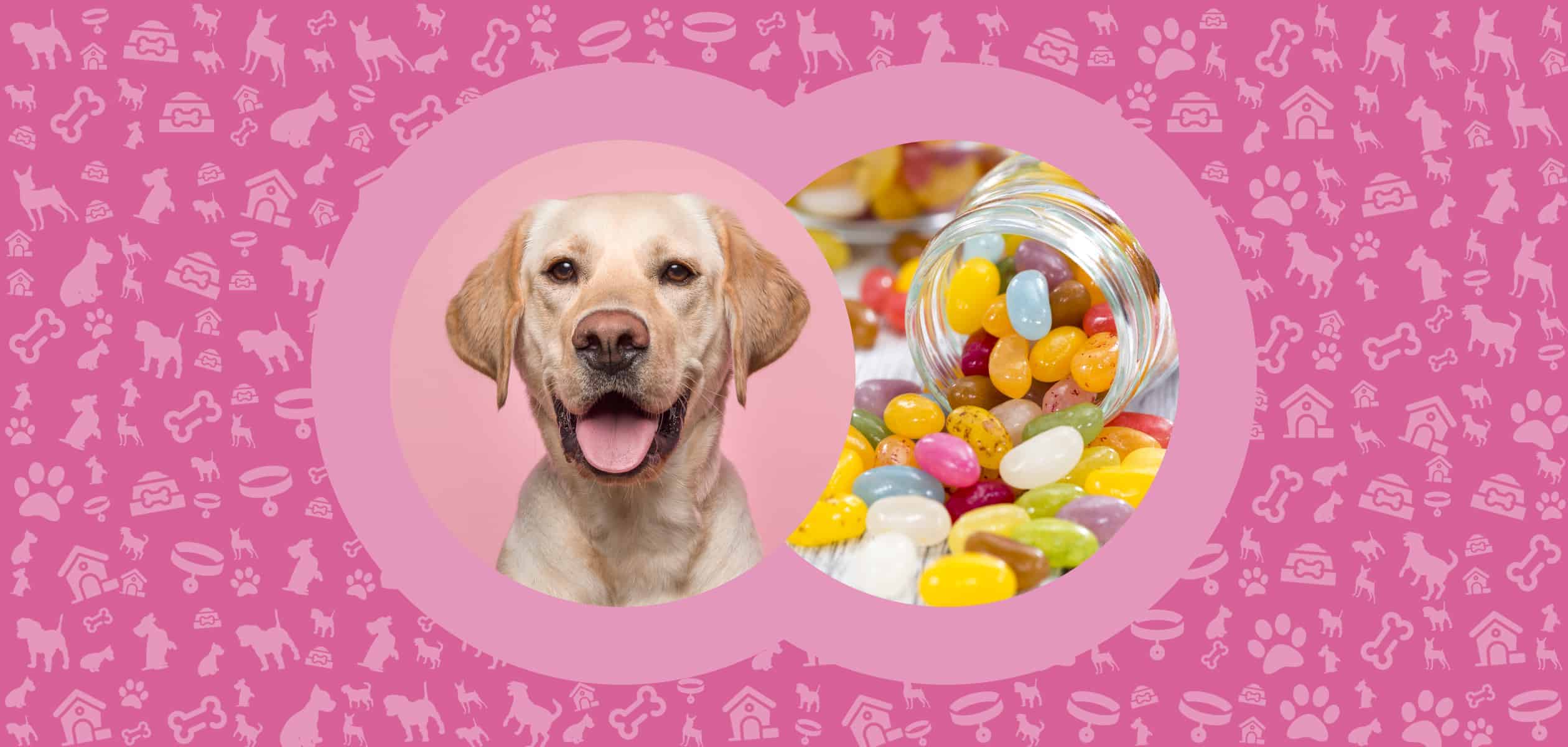
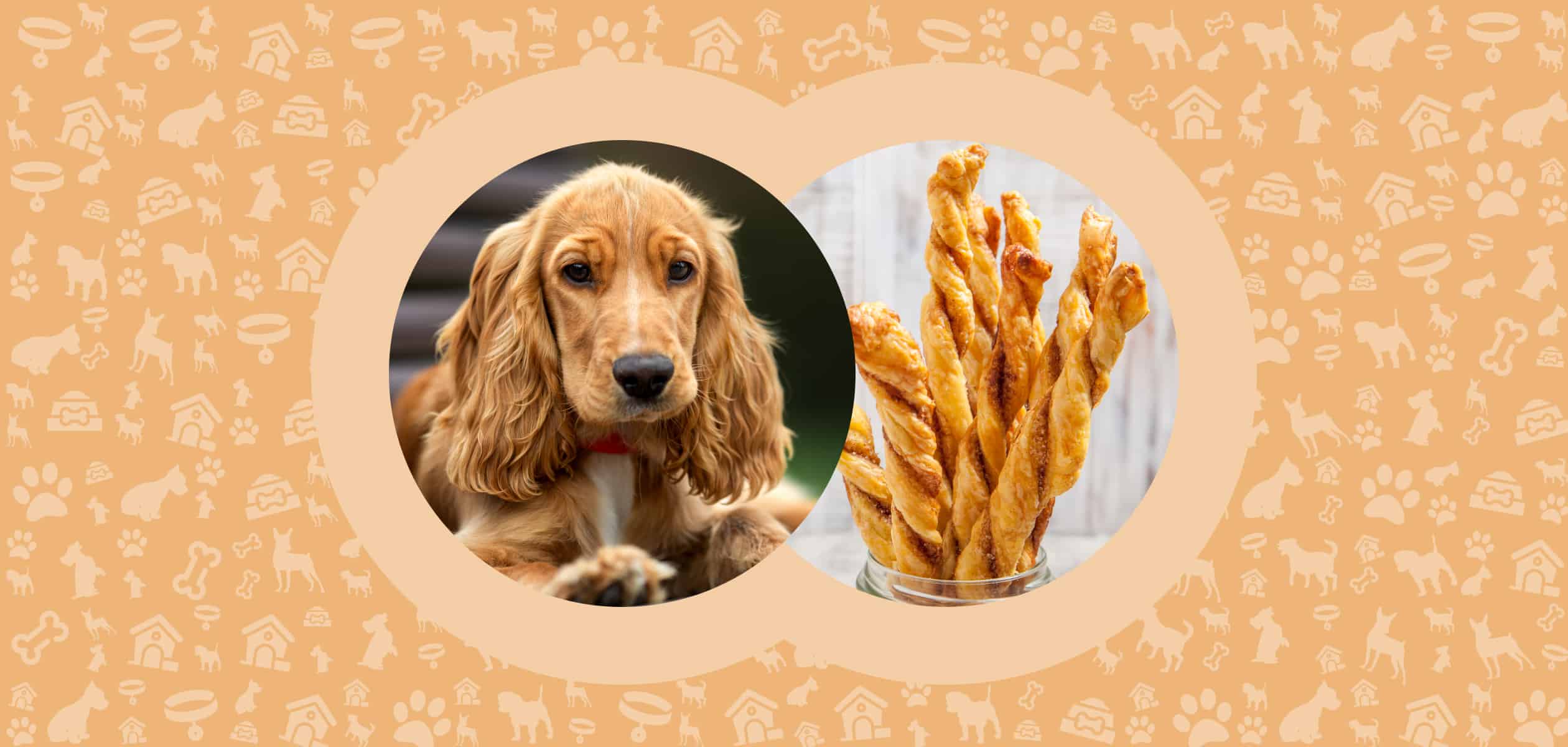
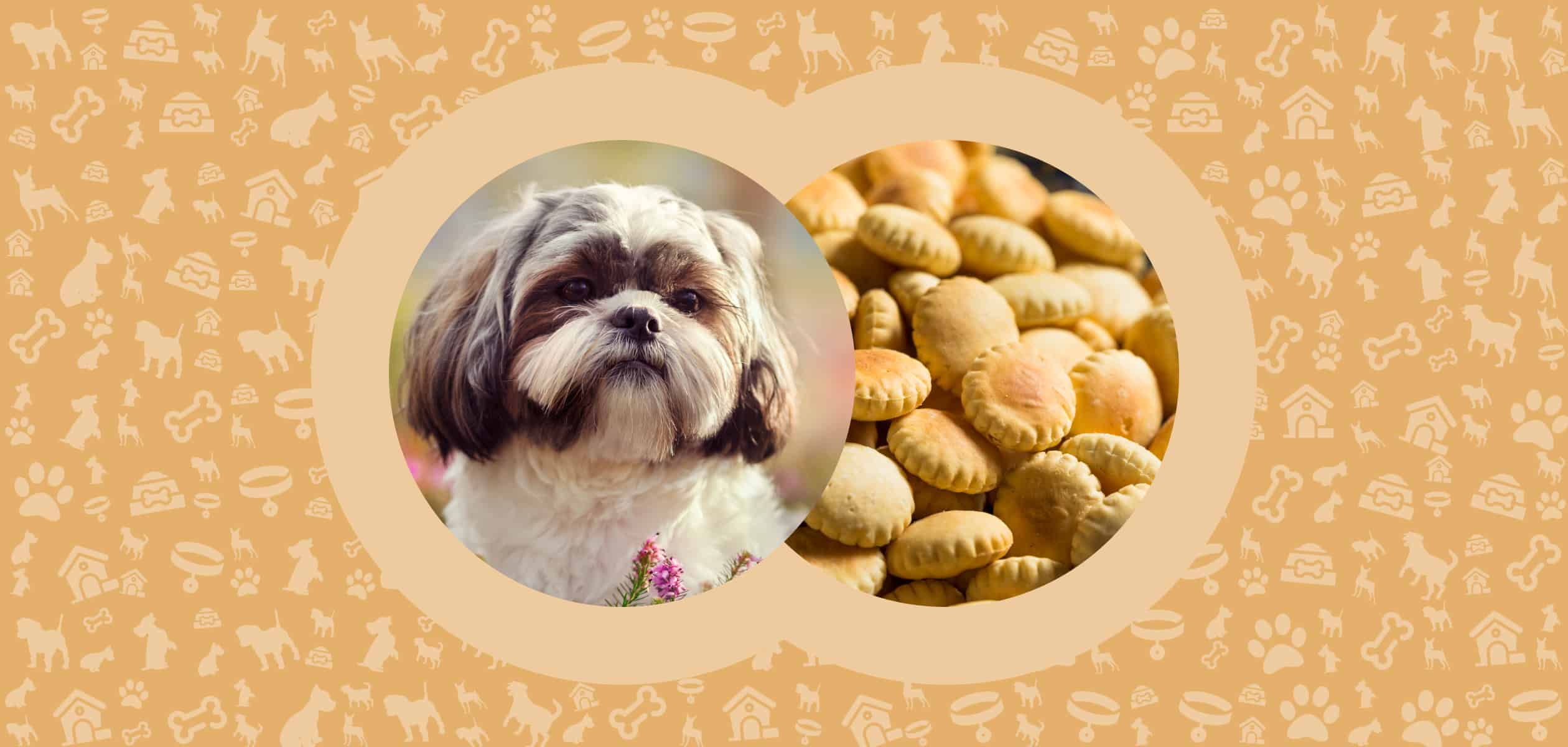
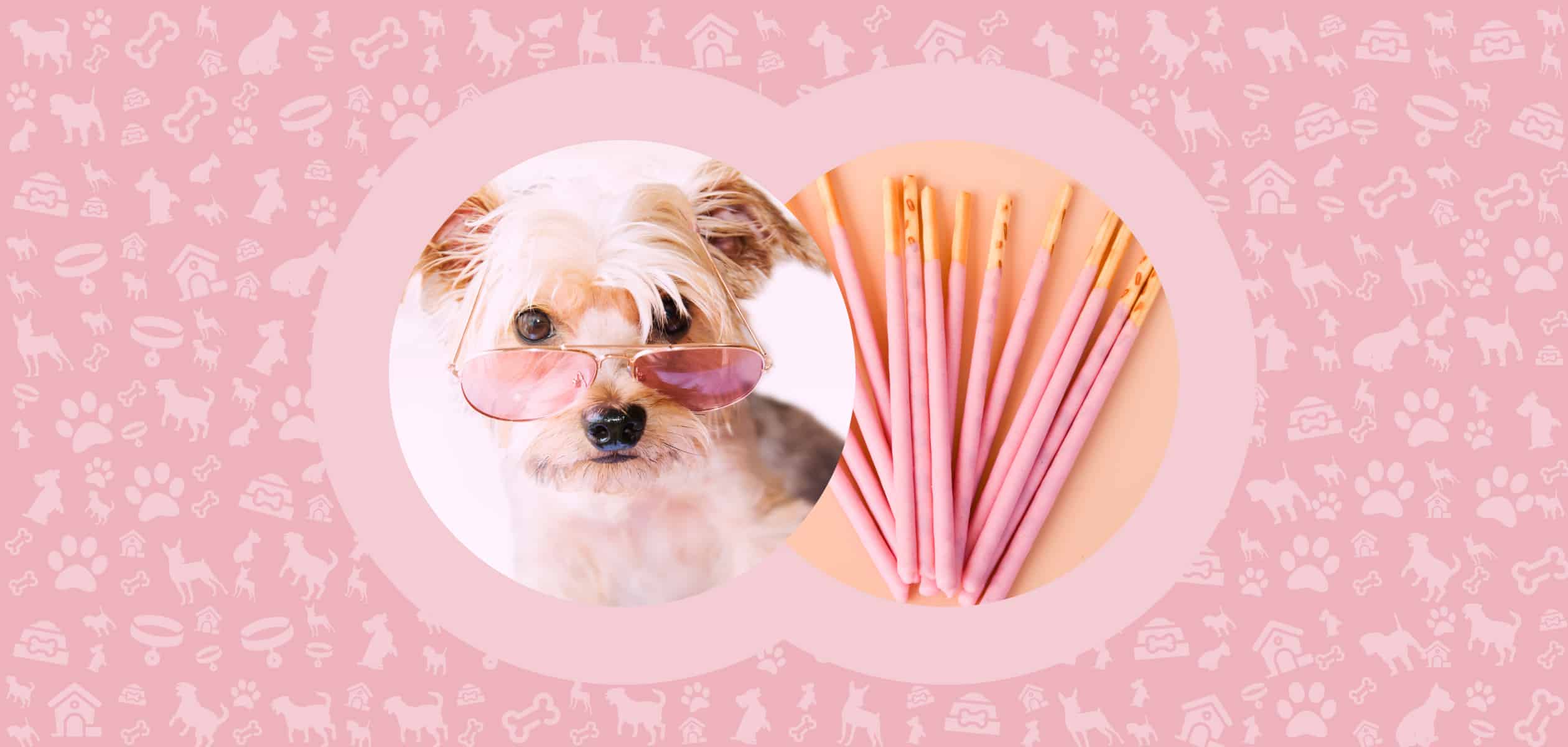
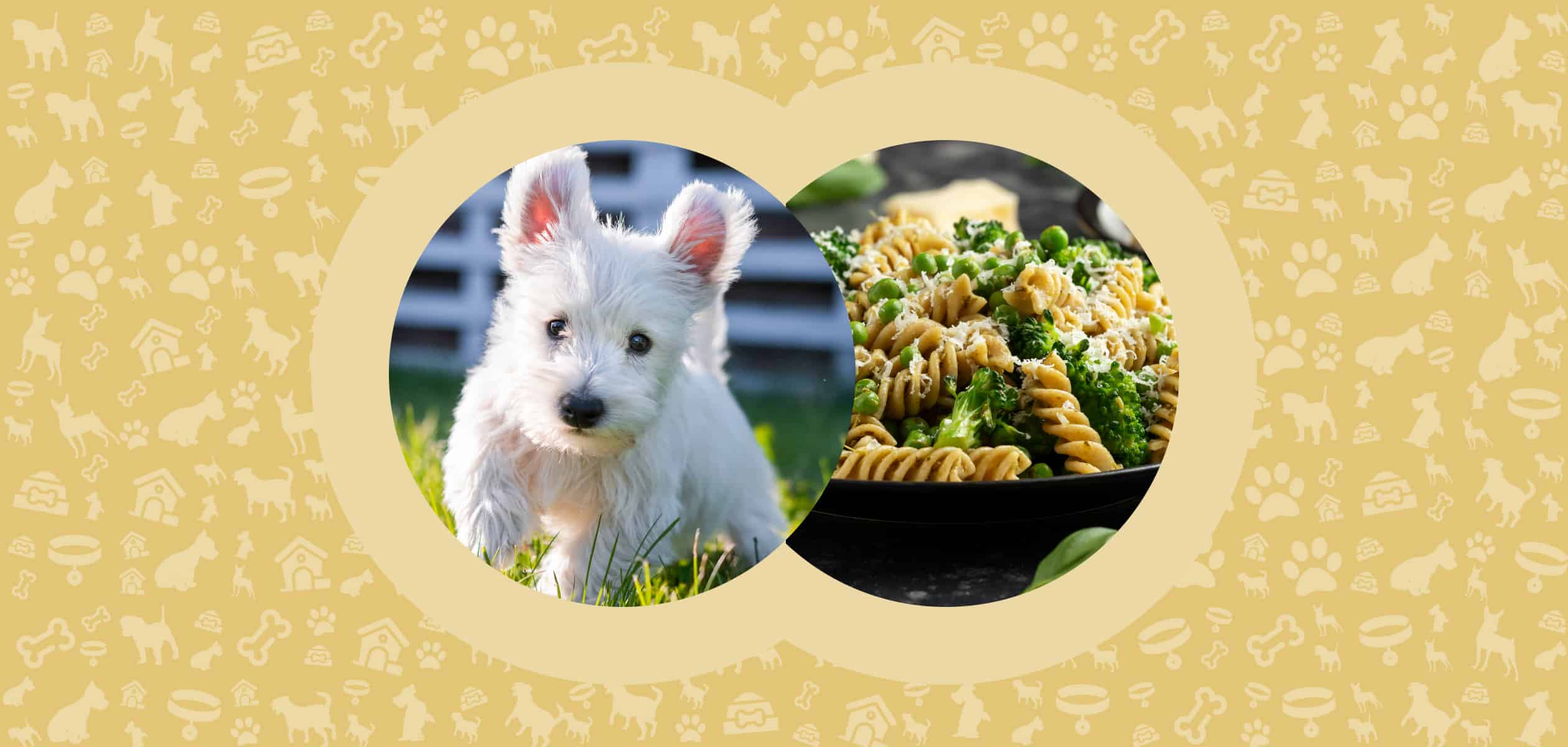
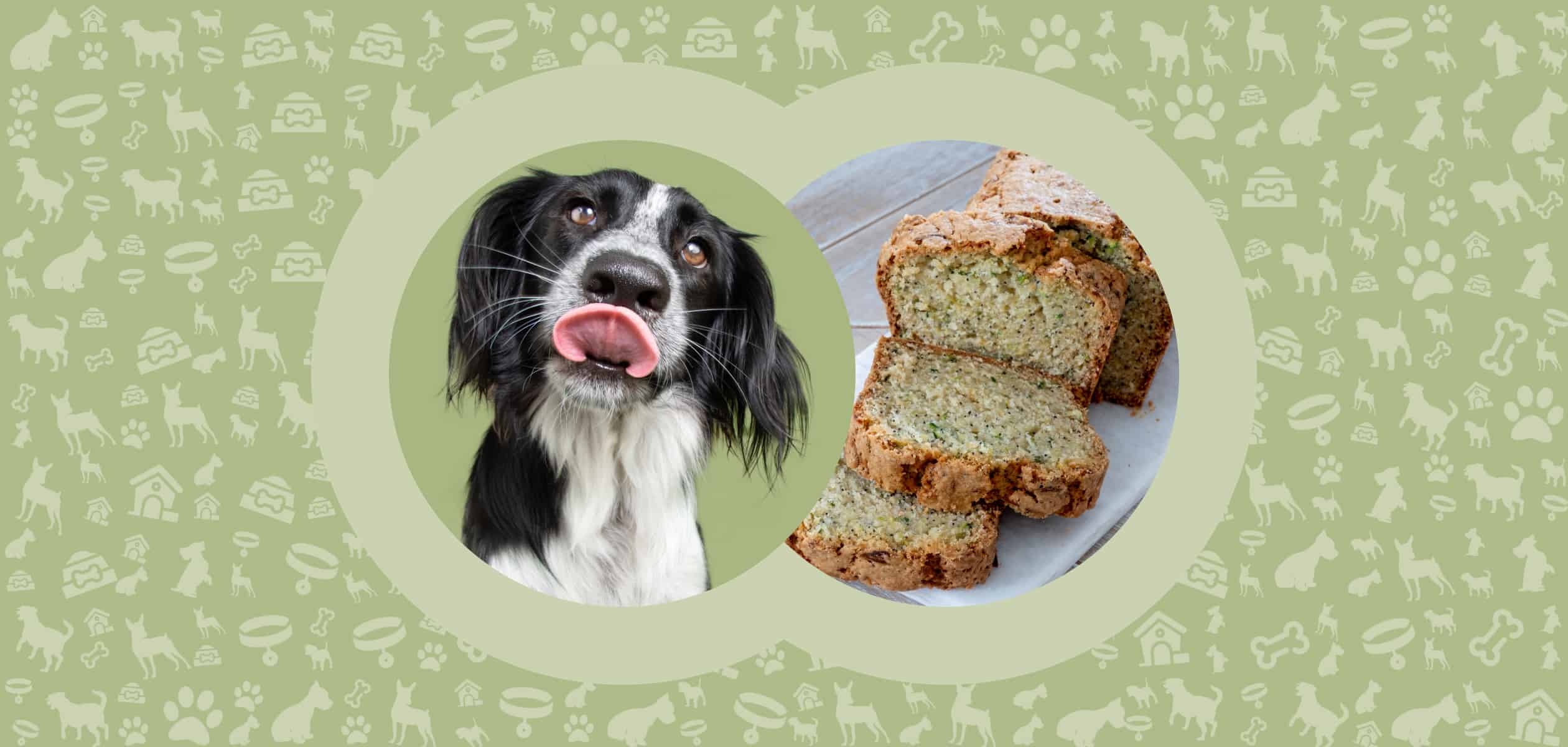
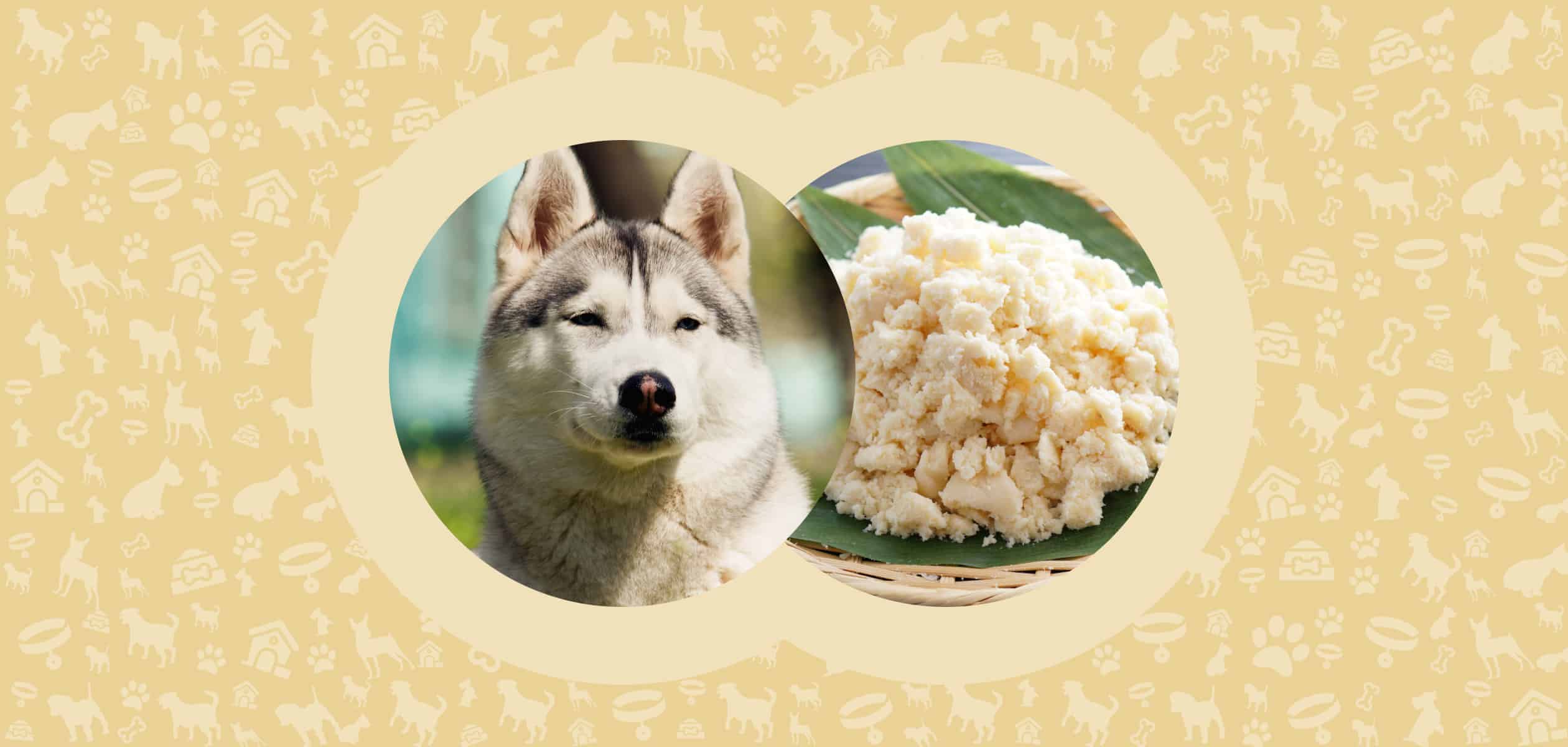
Leave a Comment